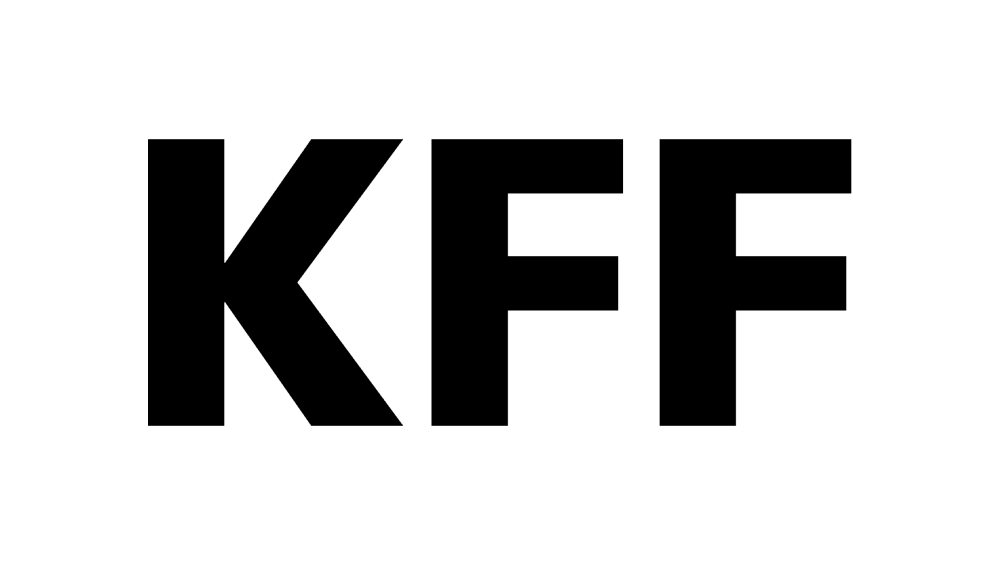 Medicare Part D 2008 Data Spotlight: Ten Most Common Brand-Name Drugs
Issue Brief
Medicare Part D 2008 Data Spotlight: Ten Most Common Brand-Name Drugs
Issue Brief
This Medicare Part D Data Spotlight examines the variation in 2008 Part D plan coverage, cost sharing and utilization management tools for the 10 prescriptions most commonly used by Medicare beneficiaries, including treatments for cholesterol, cardiovascular health, osteoporosis, dementia, gastrointestinal reflux and ulcers. It looks at data from the 47…